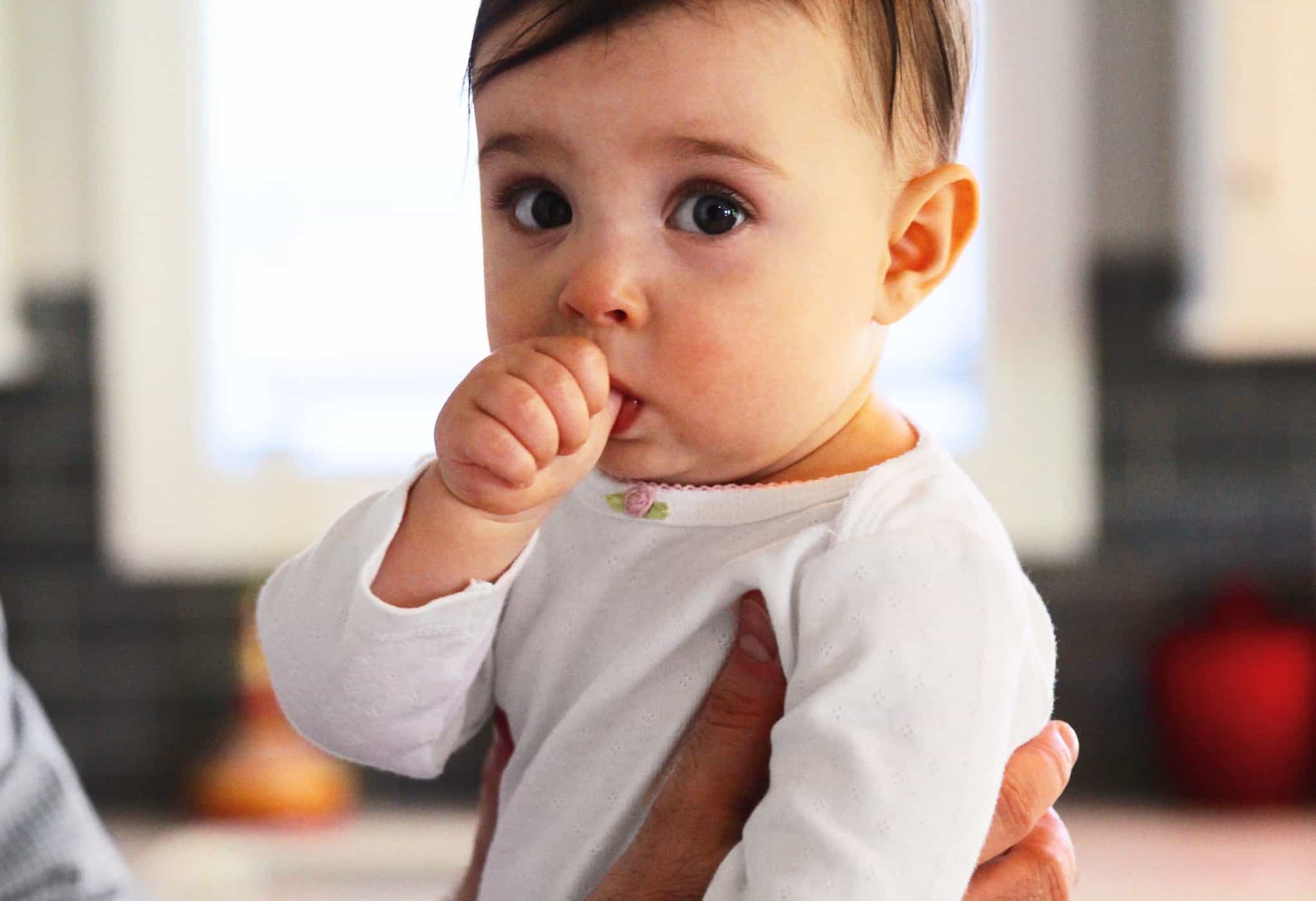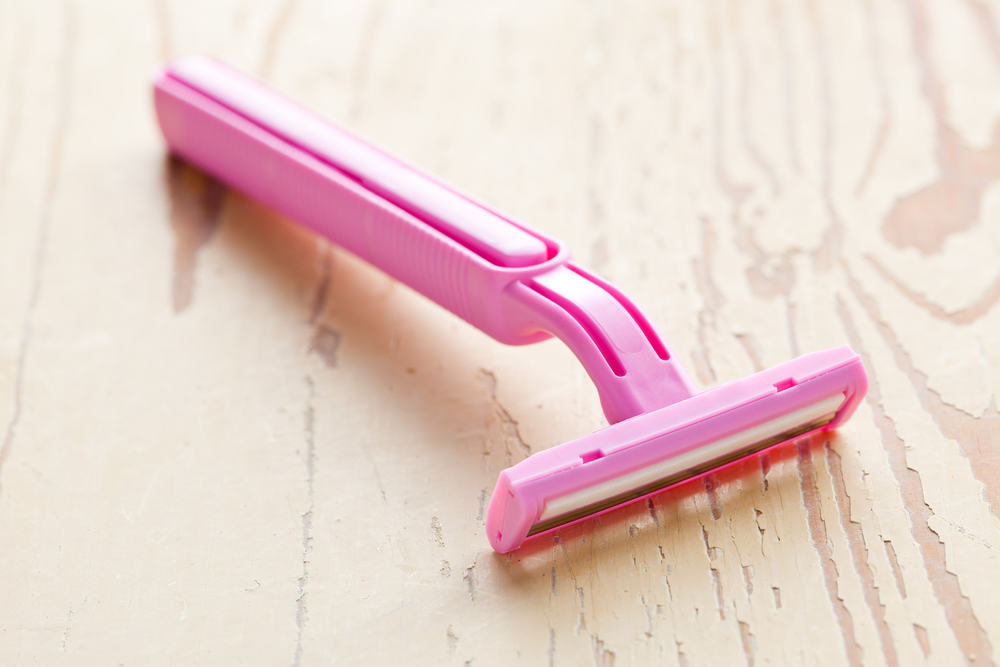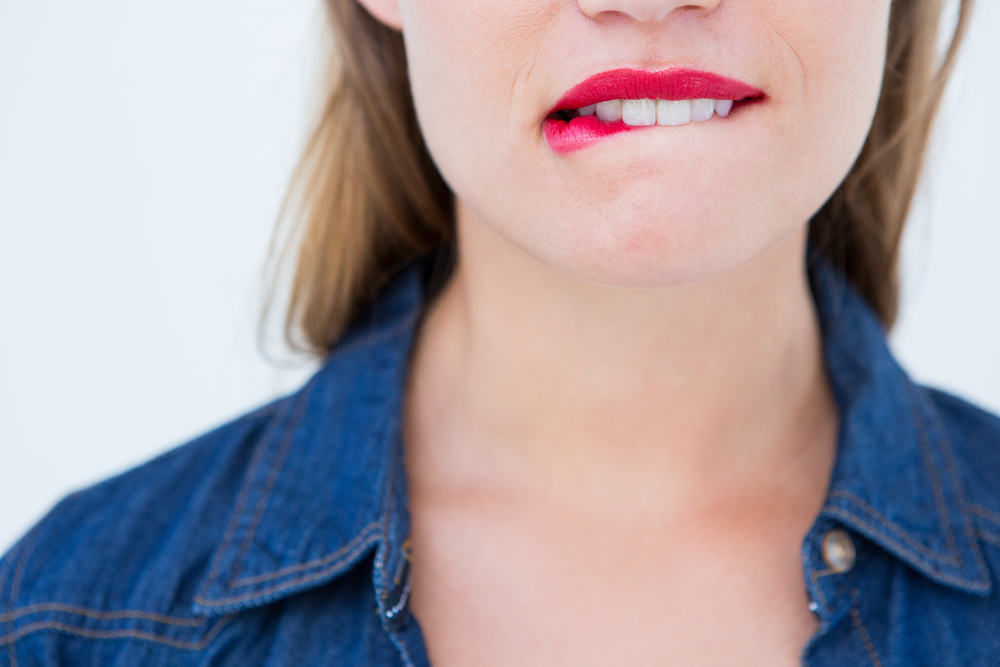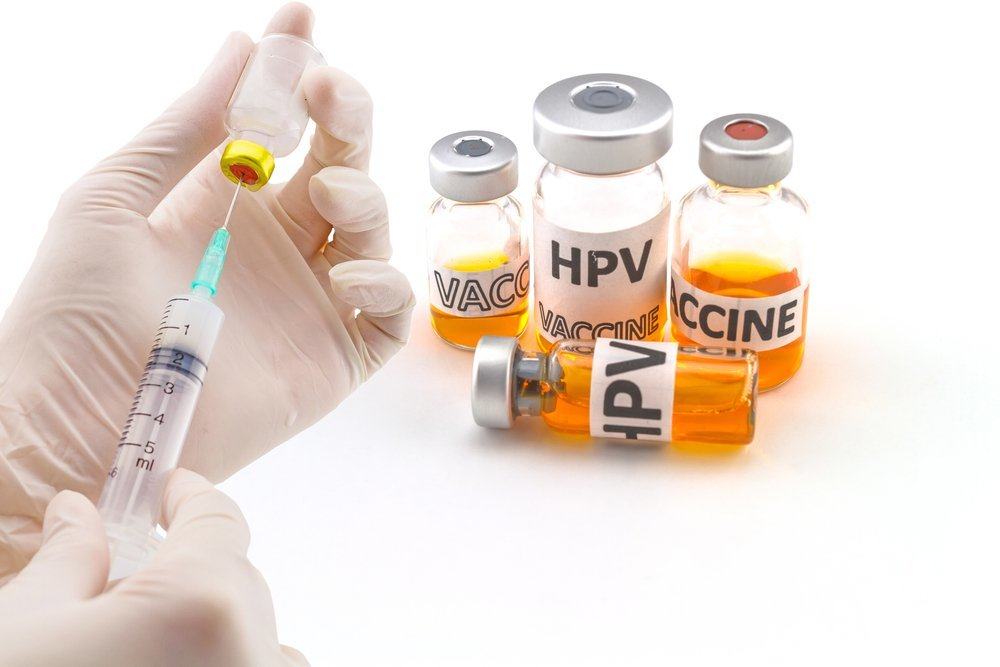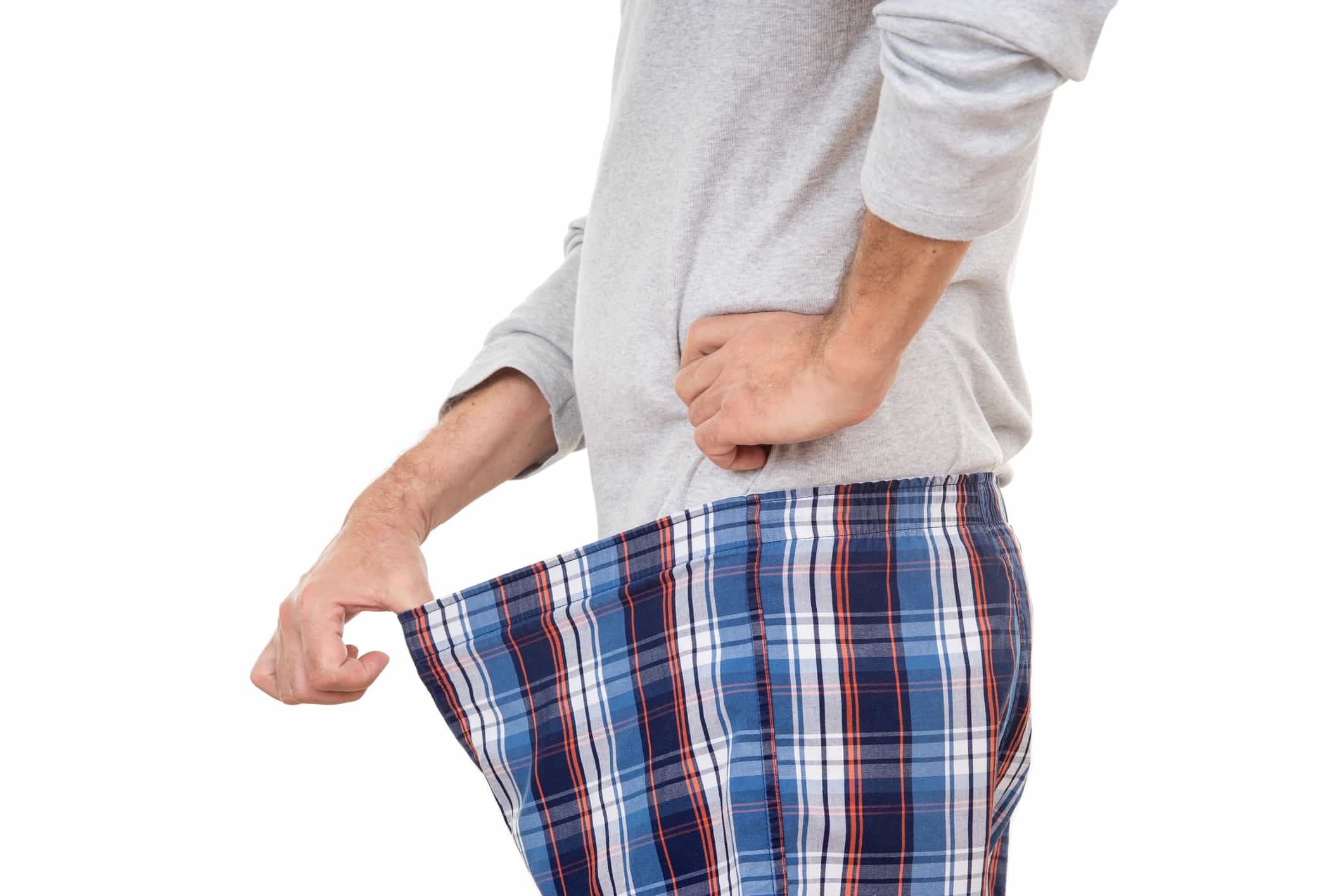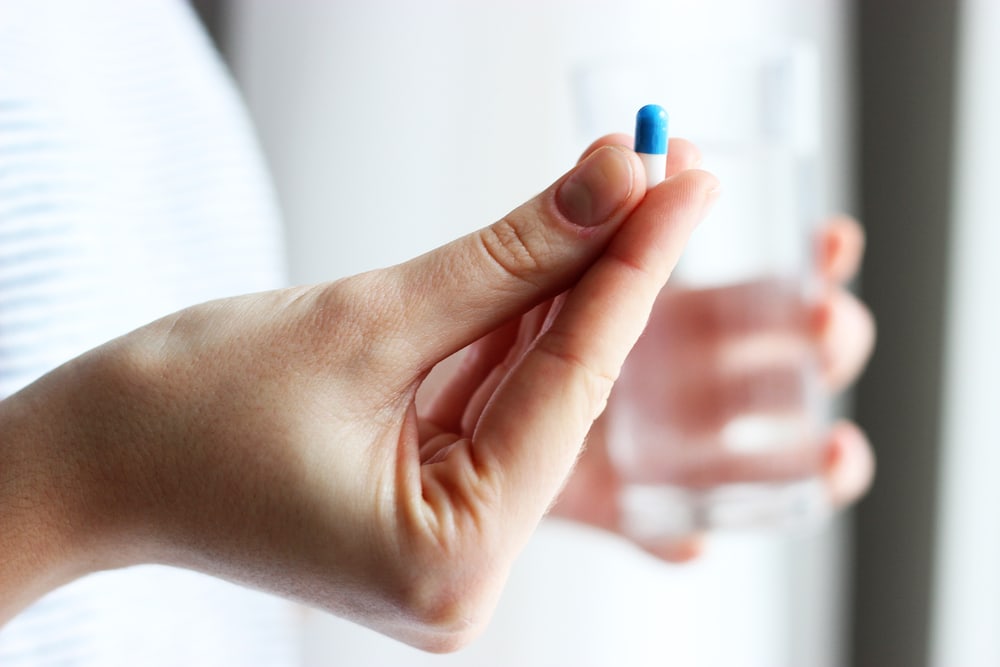Contents:
Medical Video: Video: Could thumb sucking be beneficial to children?
If your child's suction habits and nails bite you, you will be pleased to hear that a new study has managed to uncover the health secrets behind these two typical habits of children.
Children who like thumbs and nails are thought to have a reduced risk of allergies
Children who like thumbs and nails are thought to have a reduced risk of suffering from allergies. At least, that's the result of research from New Zealand, which was revealed in the journal Pediatrics, July 2016, reported by CNN.
After carrying out large-scale research for more than 30 years, the research team found that children who like thumb sucking and nail biting past preschool age are more immune to the development of allergies, and can develop the protective benefits that last until they grow up.
This study examined groups of children (a total of 1000 children): 38 percent of children had one of two habits, whether they were thumb sucking or nail nails, and the other 49 percent did not have any habits. The red thread, these two groups have at least one type of allergy (which can last up to adulthood). Perhaps most surprisingly, the research team found that this group of children who had both 'bad' habits had a lower tendency to have allergies at the age of 13, after running an allergy test using a skin prick test, compared to those who only had one of these two habits. There is no association found between thumbs and / or finger bite habits with the development of asthma due to allergies and rhinitis (spring allergies).
How come?
This research was conducted to test the hygienic hypothesis, an idea that reducing exposure to microbial organisms (in other words decreasing the quality of hygiene) plays a role in increasing allergic diseases which have reportedly increased in recent years. This hypothesis is also called taking into account the use of antibiotics.
In theory, these findings indicate that the habit of nail biting and thumb sucking may help children to "recognize" more variety of bacteria and other microbes in the environment that enter the body, so that it might improve the body's defense system against developing allergies. However, the researchers are still not entirely sure of this expectation.
"How certainly microbial exposure can change immune function in this way is unknown," said Bob Hancox, co-author of the study and a Dunedin School of Medicine professor at the University of Otago, New Zealand. Hancox continued, "Nonetheless, the findings show that an increase in microbial organisms affects the immune system to fight infection and develop allergies."
This study may appear as support from another separate study, published in 2013, which investigated how "doting" children who had been sucked in first by their mothers had higher immunity to the development of allergies. "Although the mechanism and age of exposure [to pathogens] are different, both studies show that the immune response and risk of allergies may be affected by exposure to oral bacteria or other microbes," the researchers wrote in the study, reported by Parents.
At least one more expert agreed that the hygiene hypothesis might explain the results of Hancox's research. Reporting from Health, Mika Hiramatsu, a pediatrician who reviewed this study, shows similar connections in previous studies: children who spend time in a babysitting or playgroup, live with pets, live in the suburbs, or have older siblings tend to have a reduced risk of allergies and asthma - suggesting that a relatively 'dirty' and berkuman environment provides its own protection.
However, do not also let the child continue to be accustomed to biting the nails and thumbs up
However, Hancox's research and team cannot prove that these two habits can directly reduce the risk of children's sensitivity to allergens.
According to other researchers who still doubt this suspicion, the study findings still require better data collection to be able to support the conclusions.
Dr. Purna Kashyap, digestive system disorder specialist from the Mayo Clinic believes that the data displayed can be even stronger if they also show a strong and consistent correlation between these two habits with allergies, including allergic asthma, after controlling for a number of other factors that can affect this disease.
In addition, it is also important to note that researchers did not advise parents to allow children who have never had these two habits to start in the near future simply because they are seen as a preventive measure for allergies. It's just that, if a child has this habit, one or both, and it is very difficult to stop them, there may be several factors comforting you in knowing that the habit of nails and thumb suction might be effective in reducing the risk of allergies.
In conclusion, there is nothing that requires parents to let their children dirty on the floor. On the other hand, the habit of thumbs and nails can cause health problems for children and potential financial problems for parents, one of which is to finance the installation of braces in the future. The 'thumb' thumb can interfere with the child's tooth alignment and the hobby of gnawing at the nails so short can increase the risk of spreading harmful germs from their hands and fingers to their mouths.
All you can do is relax your hygiene policy. As far as we know, efforts to prohibit and keep children clean and free from germs can harm them (although handwashing habits must still be maintained!).
Who would have thought that the slogan "Dare to be dirty is good" turned out to be true too?
READ ALSO:
- Raising a Child Under the Care of a Gadget, What Is the Impact?
- 7 Tips to Handle Difficulty to Eat Children
- Watching TV Too Often Turns Out Not Damaging Your Child's Eyes

